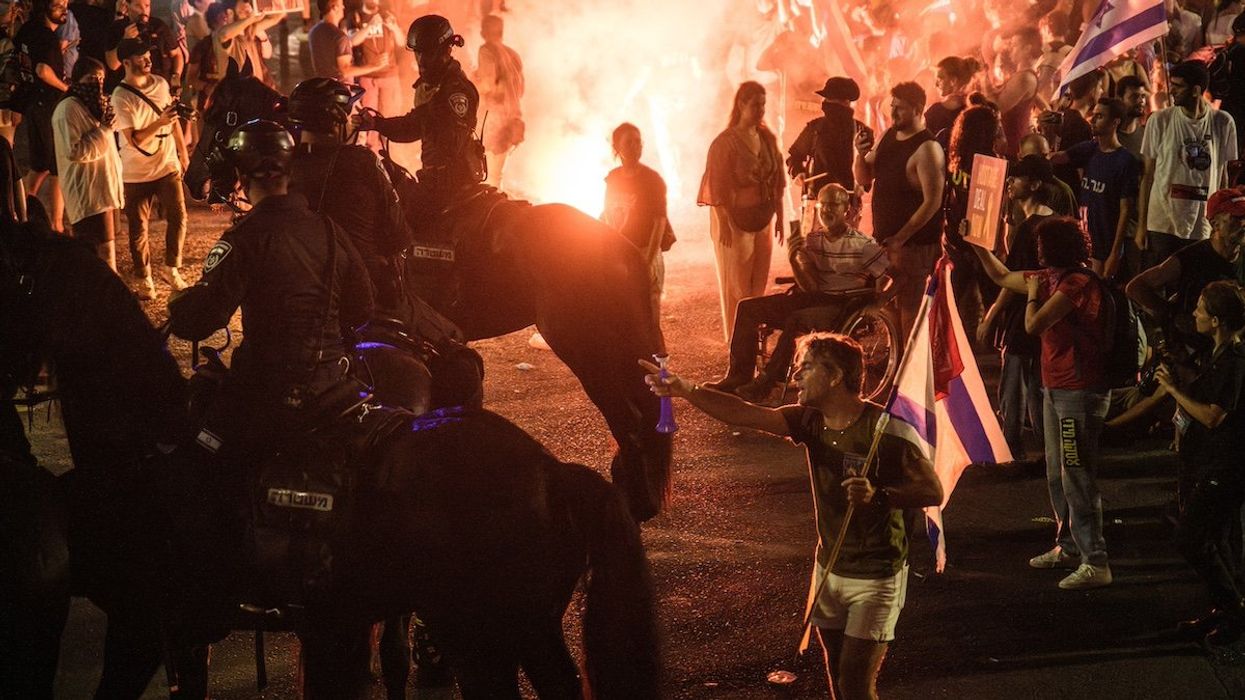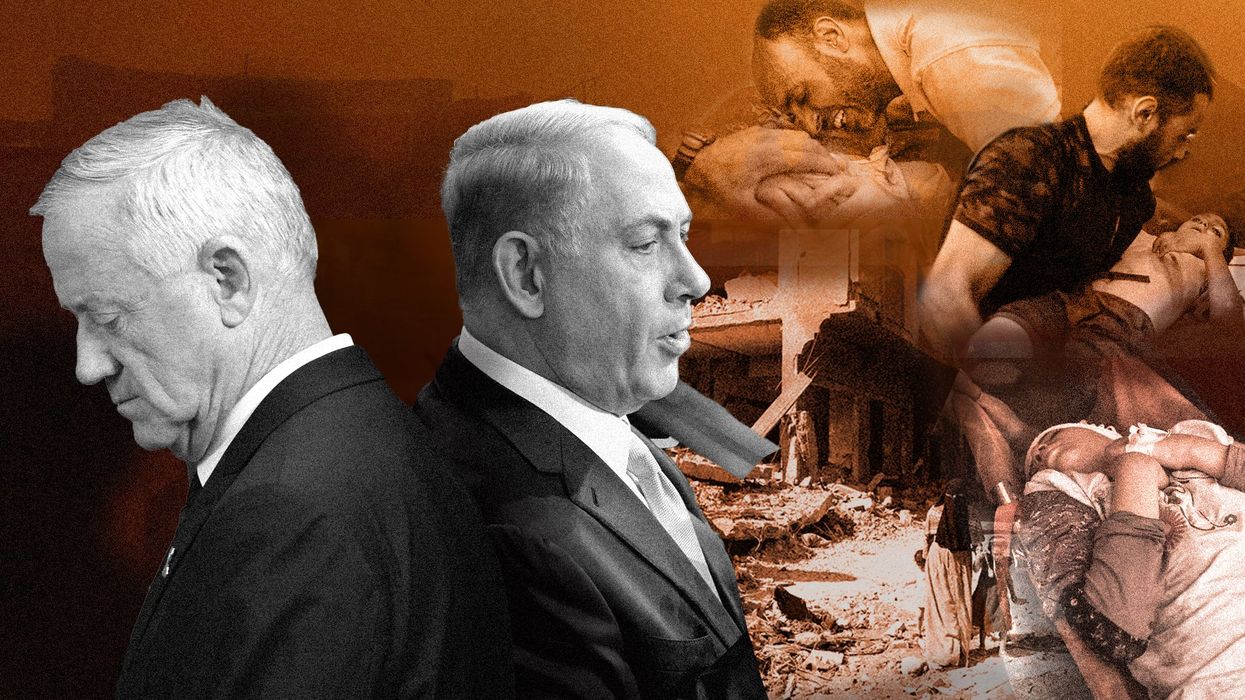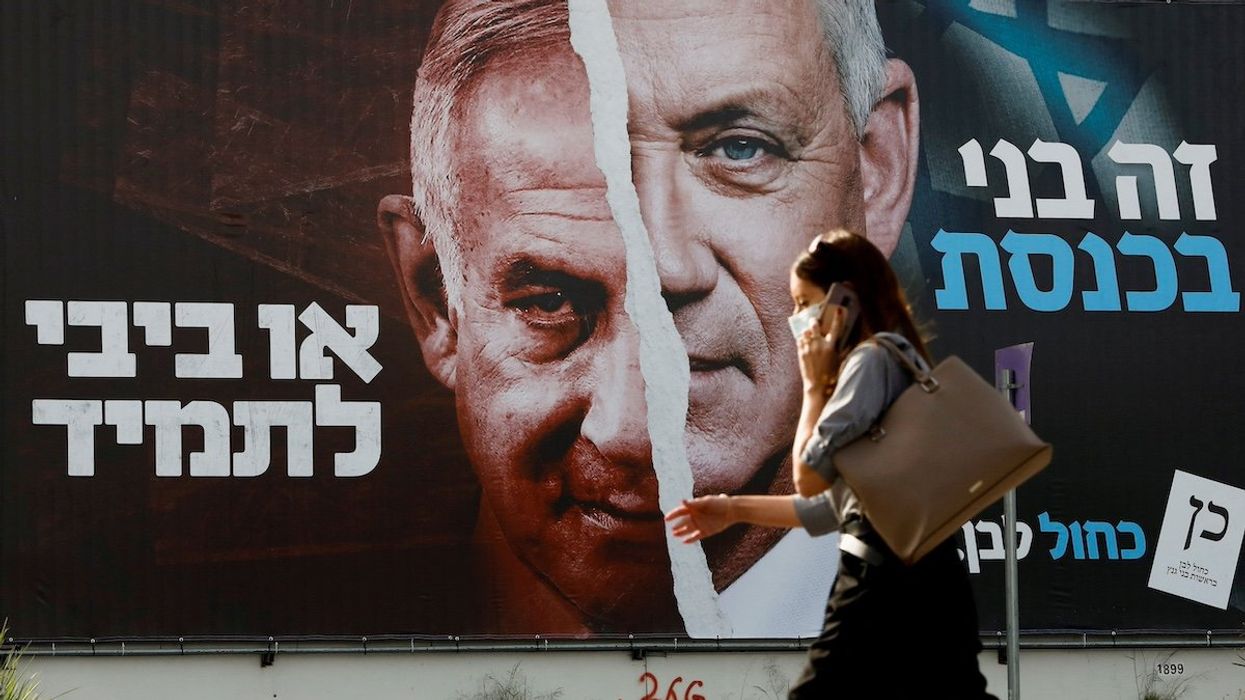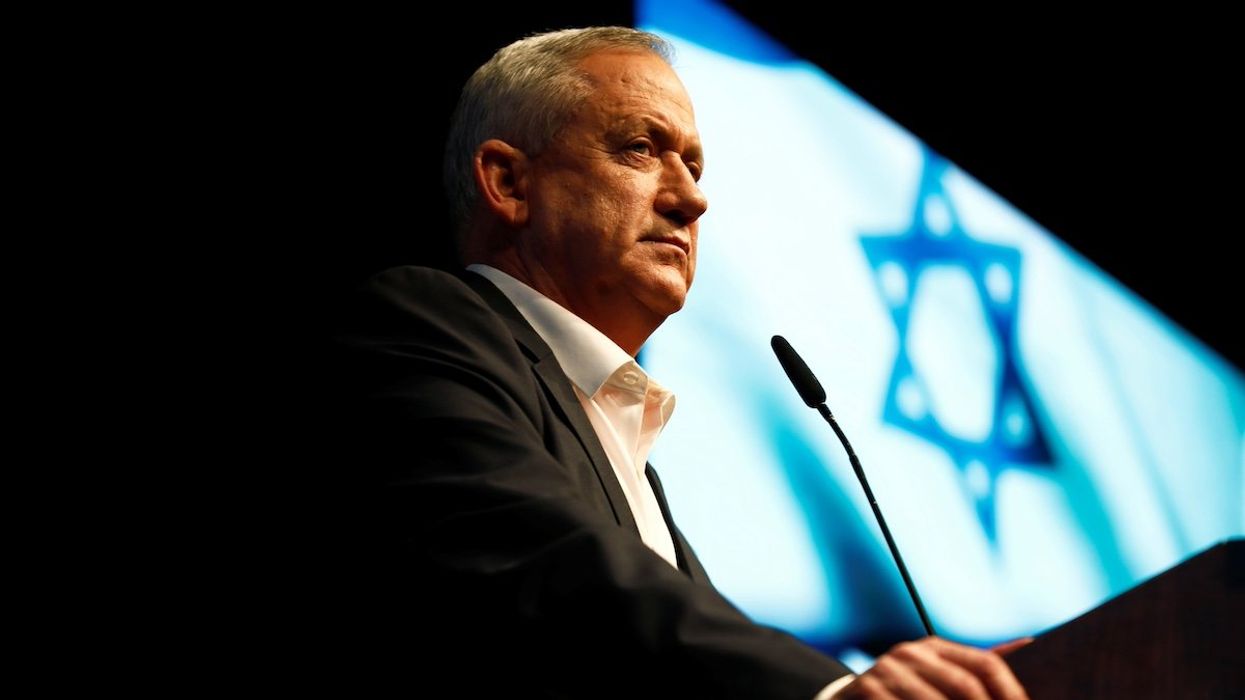What We're Watching
Israeli war cabinet disbanded amid IDF pauses in Gaza
Israeli Prime Minister Benjamin Netanyahu dissolved the country’s war cabinet on Monday, one week after archrival Benny Gantz resigned, citing a lack of strategy in the war in Gaza.
Jun 16, 2024





